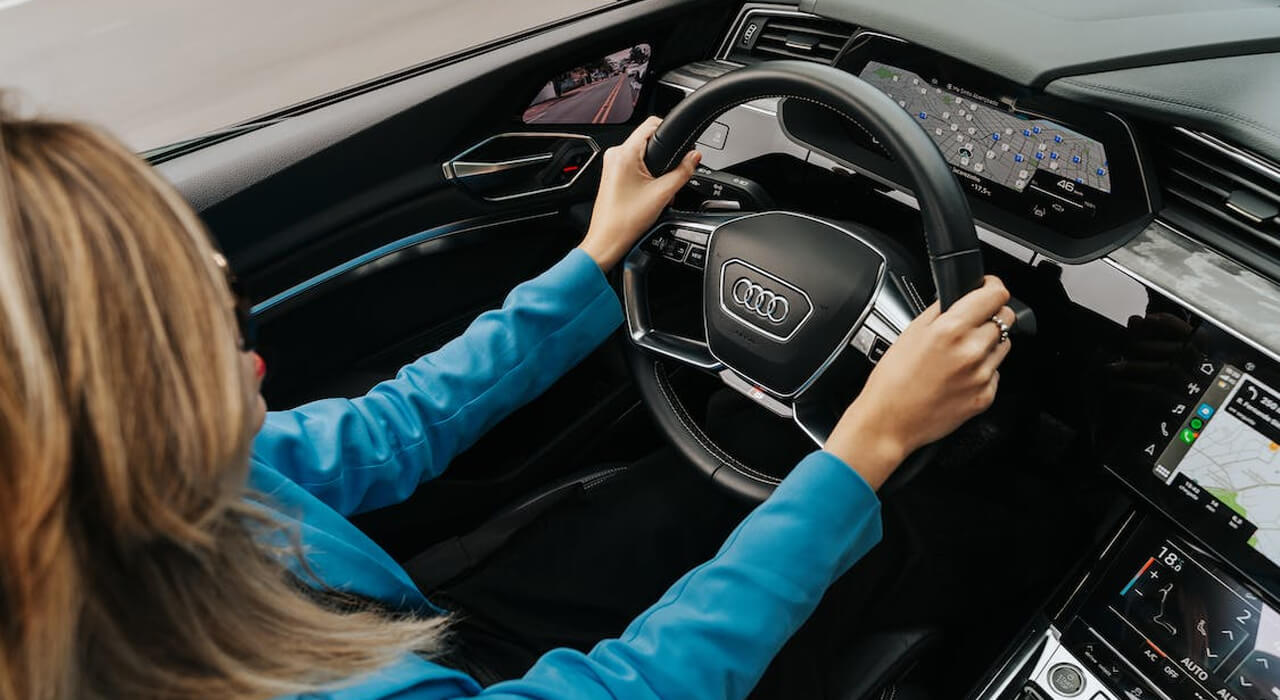If you’re planning to buy a new car, you’ll probably be looking to get it on finance, rather than paying the sticker price in full upfront.
Of the many questions you’ll have at this point, working out the size of the down payment to make to secure the financing deal of your dreams is arguably the biggest. There’s a lot to unpack here, so let’s talk over the ins and outs of acquiring an auto loan so you can make a decision that’s right for you.
Why You Should Consider Putting Money Down on a New Car
When you’re buying a new car, it can be tempting to put no money down and finance the entire purchase. However, making at least some kind of down payment is usually in your best interest. Not only does it lower the overall cost of the vehicle but it also helps keep your monthly payments more manageable.
A larger down payment reduces how much you have to borrow from lenders or banks, which means you won’t pay as much in interest over time. It’s important that any amount paid upfront should be an amount that works with your budget, so make sure not to overextend yourself financially just because you want a certain type of car. And don’t forget to think about the timing of your purchase.
Additionally, having money towards the initial sale will give leverage when negotiating prices and terms with dealerships, since they know they’re getting something right away, instead of waiting for all their profits later on.
How Much of Your Budget Can You Afford to Put Toward the Down Payment?
When it comes to putting money down on a new car, you should aim for at least 10% of the selling price. If you can put down more than that, even better!
The amount you choose will depend on your budget and how much room there is in it for this type of expense. It’s important not to overextend yourself financially when making a purchase like this, as it could lead to financial hardship later on if things don’t go according to plan.
Before committing any kind of payment towards the purchase, make sure that all your other bills are taken care of first, and then decide what percentage or dollar value would be appropriate for the down payment. Try not to let emotion cloud your judgment, and instead take some time away from car shopping before deciding. That way you can be sure you have an objective view of what’s realistic for both short-term & long-term affordability purposes.
How Your Down Payment Affects Your Monthly Payments
Your down payment has a direct impact on the amount of money you’ll be paying each month for your car. In terms of essential tips for first-time car buyers, this is definitely the one you need to keep at the forefront of your mind when weighing up your options.
In short, the more money you put down upfront, typically the lower your monthly payments will be over time. This is because most lenders use what’s called an “amortization schedule” to determine how much interest they earn from their loans, and that rate can go up or down depending on how much of it gets paid back as one lump sum payment. The higher the initial lump sum, the less interest earned.
Ultimately, having a larger down payment reduces not only overall cost but also keeps your monthly payments low, which makes budgeting easier in the long run.
Also Read: 7 Best Truck Bed Tents To Sleep Comfortably In Outdoors Buy Online.
It’s important to remember though that if you have bad credit, then making a bigger upfront payment may not always lead to better rates. This is because lenders look at other factors than just this when deciding approval and terms, so make sure to do some research beforehand.
What If I Don’t Have Enough Cash For A Large-Scale Down Payment On My Next Vehicle?
If you don’t have enough cash to fork out for a significant down payment, there are still options. You can look into financing the car in full, or applying for an auto loan from a lender you know and trust.
Also, don’t forget to explore different financial strategies, such as factoring in the trade-in value of your existing vehicle if you are looking to upgrade from an older model. This could be used towards upfront costs and will reduce the overall purchase price significantly.
The one thing that should rule all of your decision-making in this context is your budget. You need to have a clear idea of what’s affordable and stick to this. The temptation of a flashy, costly car might be significant, but you need to learn to resist this and live within your means to avoid making mistakes with your money.
Final Thoughts
So long as you can afford it, a large down payment can be sensible to hand over when buying a car. But do research and set boundaries rather than rushing in.







